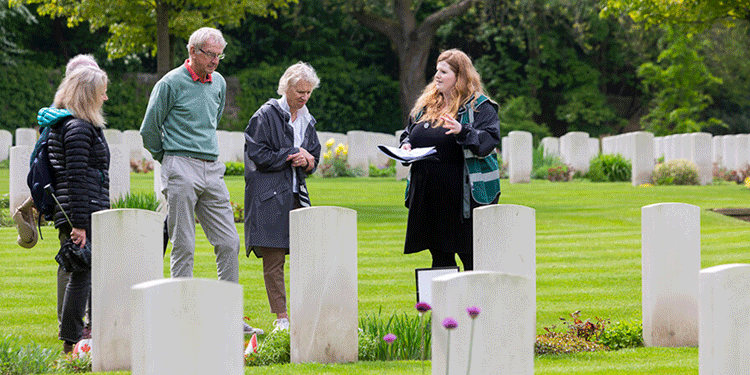
Herbert Francis Wear was born at Stonewell Farm, Congresbury in 1895.
He was one of twelve children to Charles and Harriet Wear. His father died when Herbert was just 11, and his mother took over the running of the farm.
In the normal course of his life Herbert would have been destined to work on the farm along with his seven brothers and four sisters.
Of course, the War was to change millions of people's lives, including Herbert’s. In 1916 Herbert joined the 2nd (Home Service) Devonshire Garrison Btn.
These Garrison Battalions were usually made up of men who were too old or had some underlying condition that prevented them from serving on the front line, as Herbert was just 21 it suggests that there might have been something 'wrong' with him, however in January 1917 he joined the Military Foot Police.
At the beginning of the War the Military Foot Police and the Military Mounted Police comprised of just 508 men.
However, as the British Army grew in size, the need for a larger Military Police force also grew and by the end of the war the two arms of the Military Police were 25,000 strong.
In addition to their traditional duties of maintaining discipline and order; detection of crime, and the collection of stragglers and deserters – they took on the war time tasks of transport control behind the front lines and marshalling prisoners of war.
How Herbert came to join the Military Foot Police is not known, however he never left England and in 1918 he was transferred to 449 Agricultural Coy, Labour Corps. The Labour Corps were formed from soldiers no longer fit enough for front line duties, so had Herbert’s 'condition' returned or worsened?
As the name implied the Agricultural Companies would work the farms and 449 Coy were based in Taunton.
Given Herbert’s experience in farming, it would have been logical to place him in one of these companies, and Taunton would also mean he was close to his home in Congresbury.
In the Spring of 1918 an epidemic would start to take a terrible toll on soldiers and civilians alike. The British would refer to it as “Flanders Flu” - the French initially called it “American Flu” as it was widely believed to have come over with the American troops (probably true) - but they soon started to refer to it as “Spanish Flu” less they antagonised their new ally.
The disease would take its toll in the trenches and the field hospitals, but it was indiscriminate, soldiers who had survived years of war without a scratch could be dead within three days of contracting the most virulent influenza but the old and the weak were the most vulnerable and whatever Herbert’s underlying condition was, it was influenza that would kill him.
Herbert died in his home at Stonewell Farm, on 29 Nov 1918, his sister May was at his bedside. He was 23 years old.


